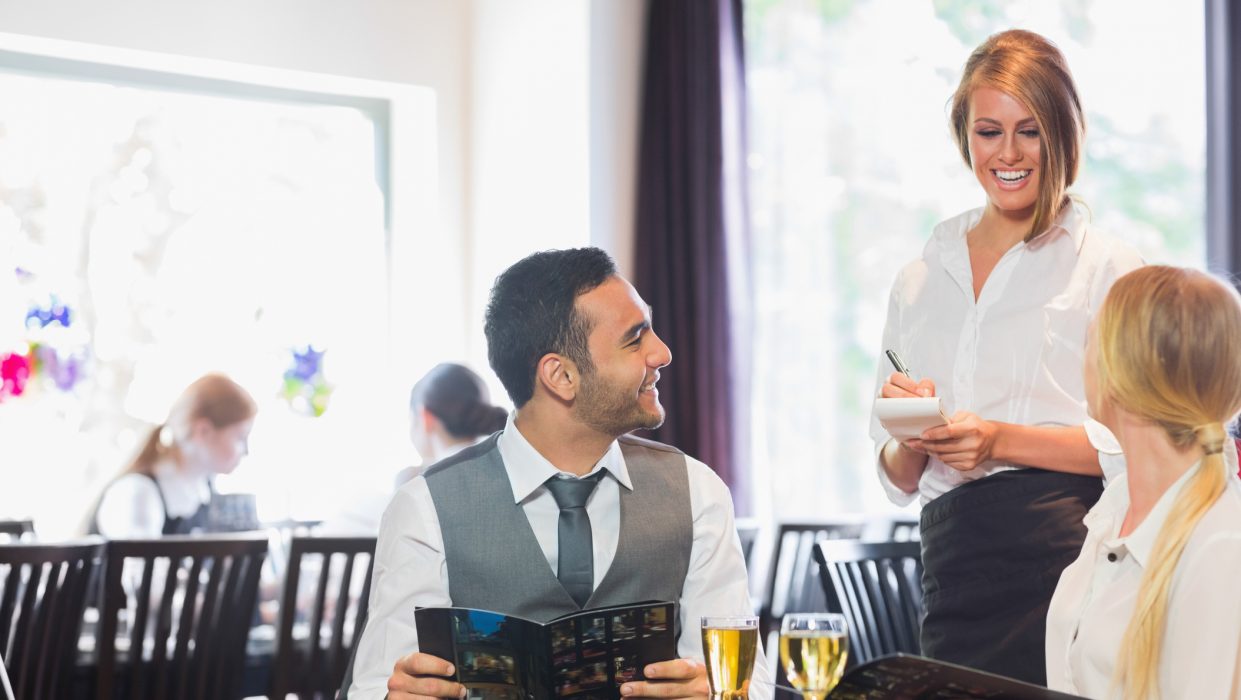Surrounding New Zealand’s hospitality and tourism industries is a stigma. A stigma that suggests that people working in these industries have ‘failed’, that they have ‘dropped out’ and are working ‘dead-end’ jobs that will take them nowhere.
With the increase in minimum wage increase in effect as of April 1st,it’s about time that the state of the hospitality and tourism markets must be reevaluated, and seen in a positive light. There are plenty of opportunities in the industry, and New Zealanders shouldn’t be afraid of ‘ending up’ in hospitality.
Auckland tourism and hospitality leaders have launched an initiative to get around 40,000 people into the industry by 2025, although they say that the Government needs to help. The 'hospo stigma' starts from a young age. Hospitality and tourism teach people skills that they won’t learn elsewhere. They show people the value of efficiency and working under pressure, and they expose people to different sorts of people from all walks of life. These industries can be fun but also, demanding. Experience and the ability to meet people can often prove invaluable.
Steve Armitage, general manager at Auckland Tourism and Events (ATEED), said, “We’ve got a lot of work to do to bridge that gap. There’s huge opportunity to get involved at the grassroots level and develop a career pathway.” Armitage described what the hospitality and tourism industries could offer people. “You get to meet and deal with a lot of really interesting people. You get to have a direct influence on the community you live in in a really positive way. You get to showcase that to people on a day-to-day basis; you get to share your stories.”
Another concern is that New Zealand’s unemployment rate and the demand for hospitality and tourism workers is inconsistent. Part of the problem lies in the disparity between wage and living costs—especially for those with dependents. There should also be an encouragement to develop a career in hospitality from a younger age, something that New Zealand has lacked in the past. At this stage, NCEA Tourism does not count towards University Entrance. This reinforces the idea that hospitality and tourism are ‘not fit’ for someone who wants to go to university or have a 'worthwhile' career.
“We know that growth is coming. The cranes dotted around the country represent that growth, and we need to make sure we’ve got people who can cater to the roles that are created off the back of this. We want to make sure that the service standards, the experiences people have while they’re here, are first class,” said Armitage.
Jacob Briars, a veteran of both international and local hospitality scenes, said, “Global tourism will double by 2030. Increasing numbers of people will take shorter, faster trips to places like New Zealand. We have to find our own New Zealand way of hospitality, professional but relaxed, and I think we are doing that. When they come to New Zealand, they want every single experience to be fantastic.”
“I’ve always believed that this industry is a melting pot. Every single person should work in a bar or a restaurant at some point in their career. You learn some extremely powerful skills, like how to relate to people from all walks of life; you develop humility, but you also get a bulletproof working confidence to survive.”
There are countless opportunities in the tourism and hospitality industries. Tourism is one of New Zealand’s most significant drawing points, and who wouldn’t want to show foreigners the great things that our shores can offer? These industries provide a good chance for personal growth and development—get involved, and that negative stigma can begin to get broken down.






